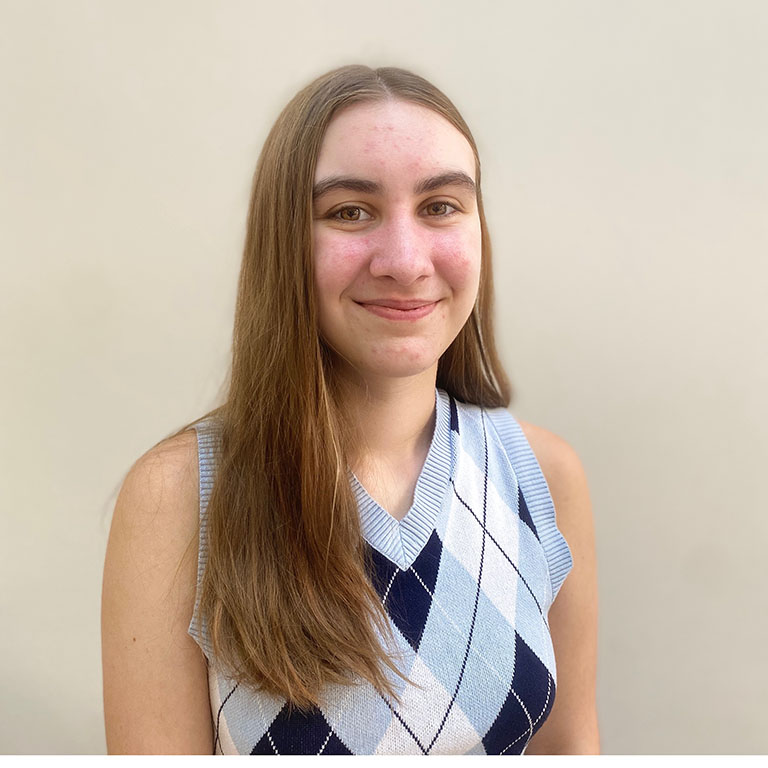Exoplanets with high masses that orbit close to their host star are some of the most readily observed planets, but there's still a lot of uncertainty as to how they form. These planets are known as hot and warm Jupiters, depending on exactly how close they are to their host star. In order to determine how they came to be, it's important to learn as many details about their systems as possible. One key parameter is the spin-orbit angle, which describes how well the orbit of the planet is aligned with the rotation of its host star. In our solar system, for example, the planets orbit in the same direction that the Sun rotates, and lie in orbital planes relatively close to the rotational plane of the Sun. This corresponds to a low spin-orbit angle, meaning the system is aligned. The degree of alignment in extrasolar systems can give us clues as to the formation history of the planets in question, since a higher angle (misalignment) can indicate a more violent formation, and a lower angle (alignment) can indicate a more quiescent formation. Measuring the spin-orbit angle involves obtaining high-precision radial velocity data for the host star while the planet is transiting in front of it, which takes advantage of the Rossiter-McLaughlin effect.
Current measurements of the spin-orbit angle of hot Jupiters show a trend in which those orbiting cooler stars tend to be much more aligned, while those orbiting hotter stars tend to be misaligned. The current explanation for this trend is tidal realignment: hot Jupiters tend to form violently and therefore start off misaligned, but those orbiting cooler stars are realigned by tidal effects between the planet and the convective envelope of the host star. Warm Jupiters, on the other hand, orbit far enough from their host stars that they can't be tidally realigned, meaning their spin-orbit angles can't be reduced by tidal effects from the host star. Comparing the spin-orbit angles of hot and warm Jupiters may shed insight into how these different types of planets form, as tidal interactions with the host star are unable to erase evidence of a violent formation in warm Jupiters.
In her paper, Josette presents a measurement of the spin-orbit angle of the warm Jupiter WASP-106 b, a planet twice the mass of Jupiter orbiting its host star at a period of 9.3 days. She gets this measurement by fitting a model to in-transit radial velocity data obtained from NEID, a high-precision spectrometer on the WYIN telescope, along with previous radial velocity and flux data for the system. She finds the sky-projected spin-orbit angle to be around 6 degrees, and the true spin-orbit angle to be around 26 degrees. She then compares the WASP-106 system with other hot and warm Jupiter systems, and finds that it remains consistent with the current trends in warm Jupiter alignments: regardless of host star temperature, warm Jupiters tend to be aligned. Since warm Jupiters can't be tidally realigned, this implies that they tend to form quiescently, as opposed to hot Jupiters forming violently. Josette's work has contributed valuable data to the overall population of warm Jupiters with measured spin-orbit angles, which is relatively small and needs to be increased significantly before any definitive conclusions about the formation of these planets can be drawn.
This work was conducted in collaboration with Professor Malena Rice at Yale, as well as Dr. Xian-Yu Wang, Kyle Hixenbaugh, and Professor Songhu Wang at IU. The full paper can be found at: https://iopscience.iop.org/article/10.3847/1538-3881/ad0131


 The College of Arts
The College of Arts